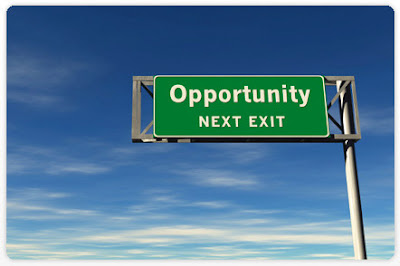By Gihan Perera
If you're an expert who has written a book about your area of expertise - or you're in the process of writing it - I'm sure you know already that it's not enough to just publish the book and wait for the money to come rolling in. You need to do more - much more - to promote it (if you want more sales) and you (if you're using the book for positioning as an expert).
Webinars can be a powerful tool to help you as an author. Here are three ways you can use them to help you as an author.
1. Market Research
Your readers are looking for you to help them with one or more of these four things:
- Solve their problems
- Answer their questions
- Meet their challenges
- Achieve their goals
One way to find out is with a free Question and Answer webinar. You invite everybody in your network (and ask them to forward it to their networks as well), turn up on the day and simply spend an hour answering the questions that people ask. Don't promote anything; just answer their questions. You provide an extremely valuable service, and in return you discover exactly what your market wants to know.
I've seen people do this without any more structure than I've just described. But you can add a few extra features - and make it easier for you at the same time - in a few ways:
- Invite attendees to e-mail you their questions in advance, so you have time to prepare your answers.
- If you've already got some structure for your book (for example, you know it's in four main sections), arrange the questions in this same broad structure.
- Record the webinar, and get the recording transcribed - this might even provide some new material for your book.
To encourage people to buy your book as soon as it's launched, offer a bonus webinar for customers who buy it by a certain date.
In this webinar, you simply deliver a presentation outlining the main concepts of the book, answer reader questions, and perhaps even offer some bonus material. Don't worry about repeating some of what's in the book, because attendees will appreciate learning the information in different ways.
Of course, a webinar is just one of the many ways you can encourage "early bird" sales, but it has a number of advantages:
- A webinar has a date attached, so this creates a natural deadline.
- You can serve all these readers at the same time, so you don't have to limit the offer to a certain number of readers (as opposed to, say, offering a free 15-minute consultation to them).
- The recording can become a product in its own right, which you can sell individually or as part of a bundle with the book.
One disadvantage of a book is that it only gives you one point of contact with your customer. Most people won't read a book more than once, and very few of them will even read it in full even once!
You can address this by offering an on-going webinar series about the content of the book, either to customers only (as a bonus) or to anybody (as a promotional opportunity).
The purpose of your webinar series is not only to promote book sales - although it will do that anyway. It's also to continue positioning yourself as an expert, and to remain in front of your target market's mind, so that when they're ready to buy what you've got to sell, you will be their first choice.
Again, webinars are not the only option available to you. But if you're willing to make the commitment, they can be a very powerful option, because your attendees get to engage with you live.
Gihan Perera is an Internet coach for speakers, trainers, consultants and other business professionals. He's the author of "Fast, Flat and Free: How the Internet Has Changed Your Business". Visit http://GihanPerera.com and get free e-books, webinars and more.
Article Source: http://EzineArticles.com/?expert=Gihan_Perera
http://EzineArticles.com/?How-Authors-Can-Use-Webinars-to-Sell-More-Books&id=7034441























